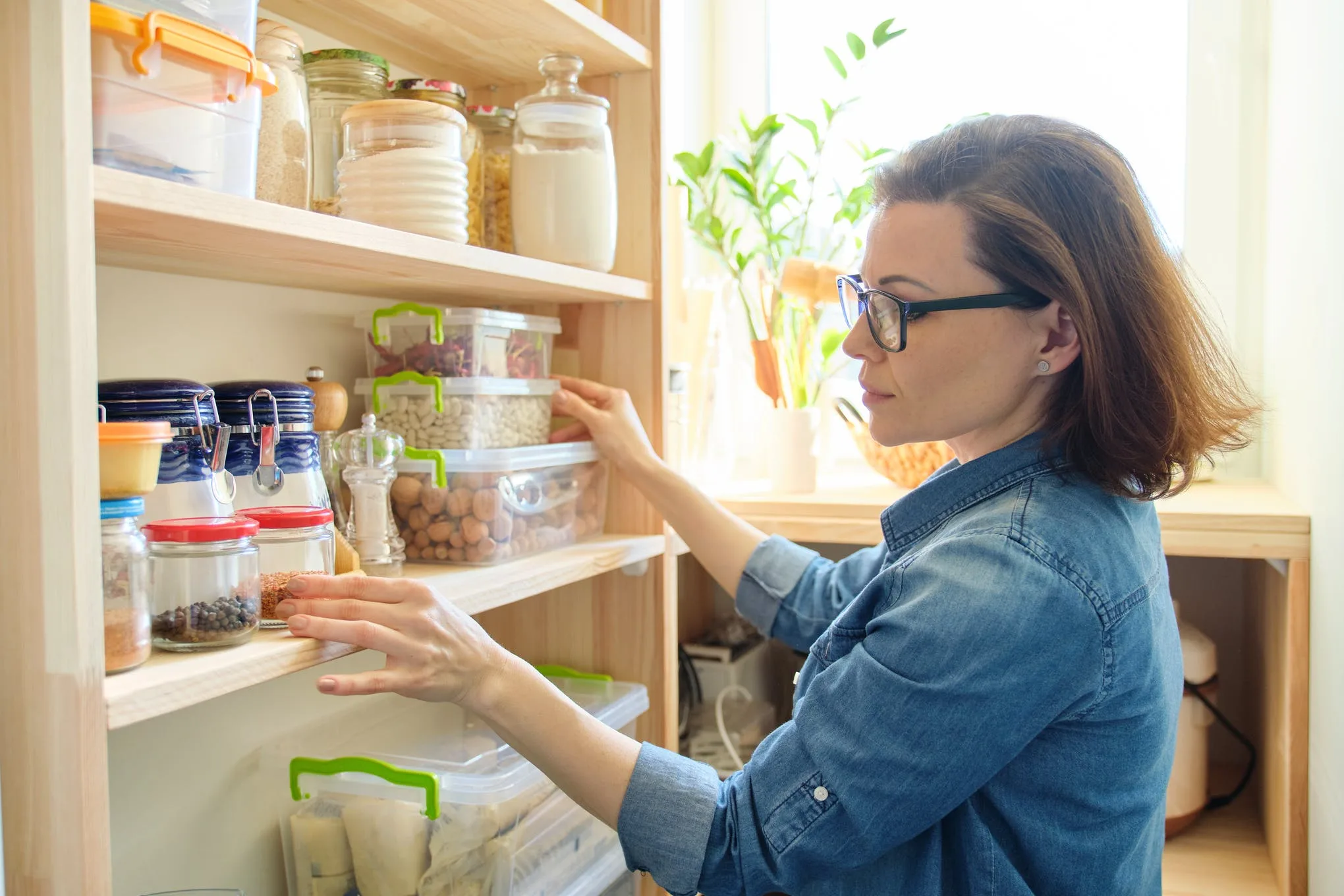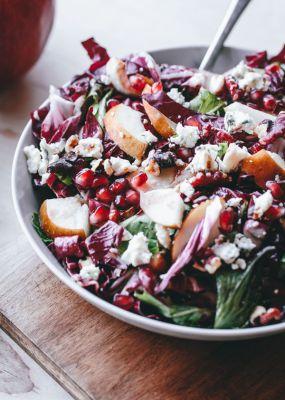“You are what you eat,” a quote we’ve all heard a few times, which is extremely true. To ensure that we’re healthy from the inside out, we need to make informed decisions about the food we’re consuming. In this week’s edition of Wellness Wednesday, we spoke to Zukiswa Zimela of The Healthy Living Alliance (HEALA), an organization that aims to ensure we are all educated on what’s in the food we’re consuming.
HEALA: Advancing Food Knowledgeability
Zukiswa explains how the organization is a coalition of NGOs. It works to ensure that South Africans have access to quality, nutritious food. They aim to change the South African food space by helping people make informed food decisions.
One way they aim to ensure this is by lobbying the government to place detailed warning labels on products. They pose the question, is your food serving you or harming you? In doing so, they have found a way to ensure we are fully aware of the contents of what we’re consuming.
Why Are We Still Eating Unhealthy?
Zukiswa sheds some light on why we’re still eating unhealthy with all the information we have available. She explains that about 76% of the food we’re consuming is ultra-processed. We discuss just how confusing food labels can be, making it hard for consumers to make informed decisions about what they consume.
How Self-Regulation Promotes Misleading Information
According to Zukiswa, most companies can still self-regulate their products. As a result, it is much easier to mislead consumers. Many of these ultra-processed foods are high in artificial sweeteners. These sweeteners have been shown to increase your risk of cancer. The organization aims to fight this, to get the government to make simple labels that clearly state the ingredients in detail, any added sugars, and potential health risks, mandatory.
Consumers Want To Be Healthy
Zukiswa explains how the idea that consumers don’t want to make good life choices in terms of food is a false narrative. Their organization has learned the truth through research, showing the importance of education. Making healthy food choices is almost impossible when you’re not fully aware of what exactly is in your food.
The Importance of Consumer Education
If you don’t know better, you can’t do better. This is something the organization understands and seeks to prioritize by working closely with community organizations to gain a grassroots understanding of the challenges they face. She sheds light on this and how they aim to incorporate people’s realities into wellness lessons.
Collaborating, Not Challenging
HEALA prioritizes collaboration and seeks to work with the industry, not challenge it. Zukiswa shares how numerous food products on the market aren’t regulated and are full of toxins. To fix this, the organization has worked closely with the Department of Health to implement detailed, comprehensive regulations.
To find out more about these regulations, the Health Promotion Levy, and how the organization is working on improving the state of food quality in South Africa, watch the full interview below:
View this post on Instagram
Social Media Links
- Twitter: @heala_SA
- Instagram: @zukiswazimela
- Website: www.heala.org





![women [longevity live]](https://longevitylive.com/wp-content/uploads/2020/01/photo-of-women-walking-down-the-street-1116984-100x100.jpg)










